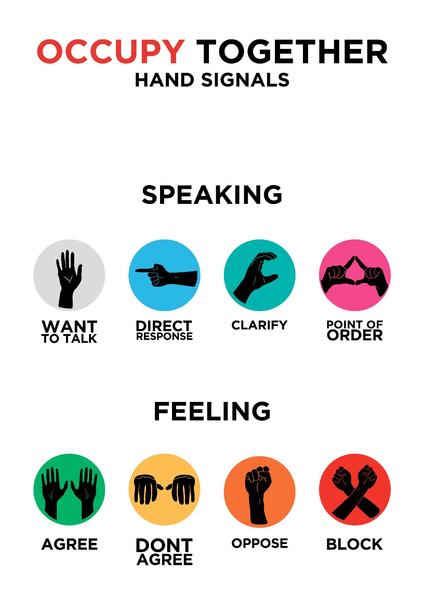For the MA Program “Visual and Media Anthropology” at the Free University Berlin, I am organizing a newly developed seminar on media activism.
Course Description
Activism with/in/through media can be broadly understood as forms of technology mediated activism that intend to spark, create and/or support social and political change. So change (and therefore continuity) is at the heart of media activism, as, for instance, Kidd and Rodriguez (2009: 1) note: “Grassroots media have grown from a set of small and isolated experiments to a complex of networks of participatory communications that are integral to local, national, and transnational projects of social change”. Since media activism is related to a diversity of phenomena – such as power relationships, conflict or globalization – as well as to questions about the conception of time and space, organizational structures, collective identities and different forms of sociality, it has become a broad, interdisciplinary research field. This course gives an overview of media activism from a predominantly anthropological and ethnographic perspective.
When engaging with media activism, a variety of contexts, theoretical conceptualizations and methodological approaches have to be considered. In this course, students learn about these aspects by reviewing relevant literature and by discussing different forms and examples of media activism and related questions, issues and problems:
- How can we contextualize media activism and related practices in anthropology?
- What historical developments can we identify? And what does this tell us about contemporary activist processes and practices?
- What is the role of (sociocultural and technological) change, politics, power, globalization and (de)colonization in an anthropological engagement with media activism?
- How can we ethnographically describe and analyze media activist processes and practices? What are the possibilities and challenges?
- How can we understand media activism in digital times and in the age of social media? What has changed?
- What does it mean to interpret and conceptualize media activism as (a form or a part of) cultural activism?
Reference
Kidd, D., & Rodriguez, C. (2009). Introduction. In C. Rodriguez, D. Kidd, & L. Stein (Eds.), Making our media: Global initiatives toward a democratic public sphere, Volume 1: Creating new communication spaces (pp. 1-22). New York: Hampton Press.
Selected Literature
Barassi, V. (2015). Activism on the web: Everyday struggles against digital capitalism. New York: Routledge.
Budka, P. (2019). Indigenous media technologies in “the digital age”: Cultural articulation, digital practices, and sociopolitical concepts. In S. S. Yu & M. D. Matsaganis (Eds.), Ethnic media in the digital age (pp. 162-172). New York: Routledge.
Couldry, N., & Curran, J. (2003). The paradox of media power. In N. Couldry & J. Curran (Eds.), Contesting media power: Alternative media in a networked world (pp. 3-15). Lanham, MD: Rowman & Littlefield.
Edelman, M. (2001). Social movements: Changing paradigms and forms of politics. Annual Review of Anthropology 30(1), 285-317.
Gerbaudo, P. (2012). Tweets and the streets: Social media and contemporary activism. London: Pluto Press.
Ginsburg, F., Abu-Lughod, L., & Larkin, B. (2002). Introduction. In F. Ginsburg, L. Abu-Lughod, & B. Larkin (Eds.), Media worlds: Anthropology on new terrain (pp. 1-36). Berkeley: University of California Press.
Juris, J. S., & Khasnabish, A. (2013). Introduction: Ethnography and activism within networked spaces of transnational encounter. In J. S. Juris & A. Khasnabish (Eds.), Insurgent encounters: Transnational activism, ethnography and the political (pp. 1-36). Durham: Duke University Press.
Mazzarella, W. (2004). Culture, globalization, mediation. Annual Review of Anthropology, 33, 345-367.
Melucci, A. (1996). Challenging codes: Collective action in the information age. Cambridge: Cambridge University Press.
Postill, J. (2012). Digital politics and political engagement. In H. A. Horst & D. Miller (Eds.), Digital anthropology (pp. 165-184). London: Berg.
Postill, J. (2018). The rise of nerd politics: Digital activism and political change. London: Pluto Press.
Wolfson, T., Treré, E., Gerbaudo, P., & Funke, P. (2017). From global justice to Occupy and Podemos: Mapping three stages of contemporary activism. Special Issue of tripleC: Communication, Capitalism & Critique 15(2), 390-542. https://doi.org/10.31269/triplec.v15i2.897
